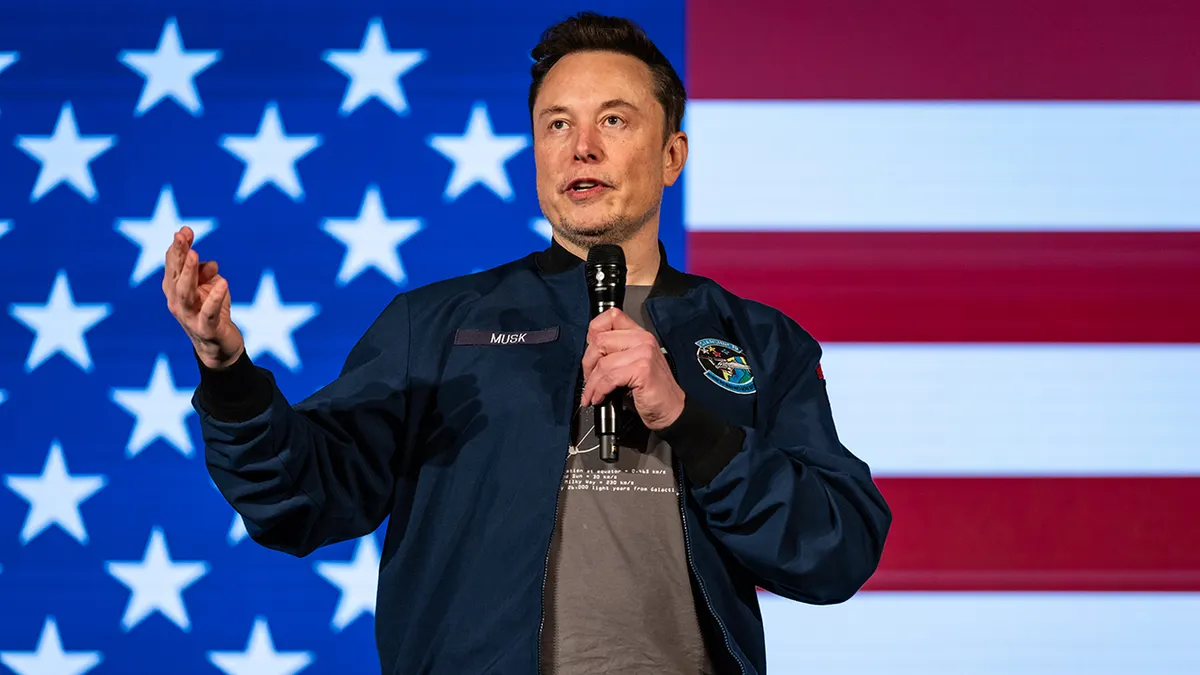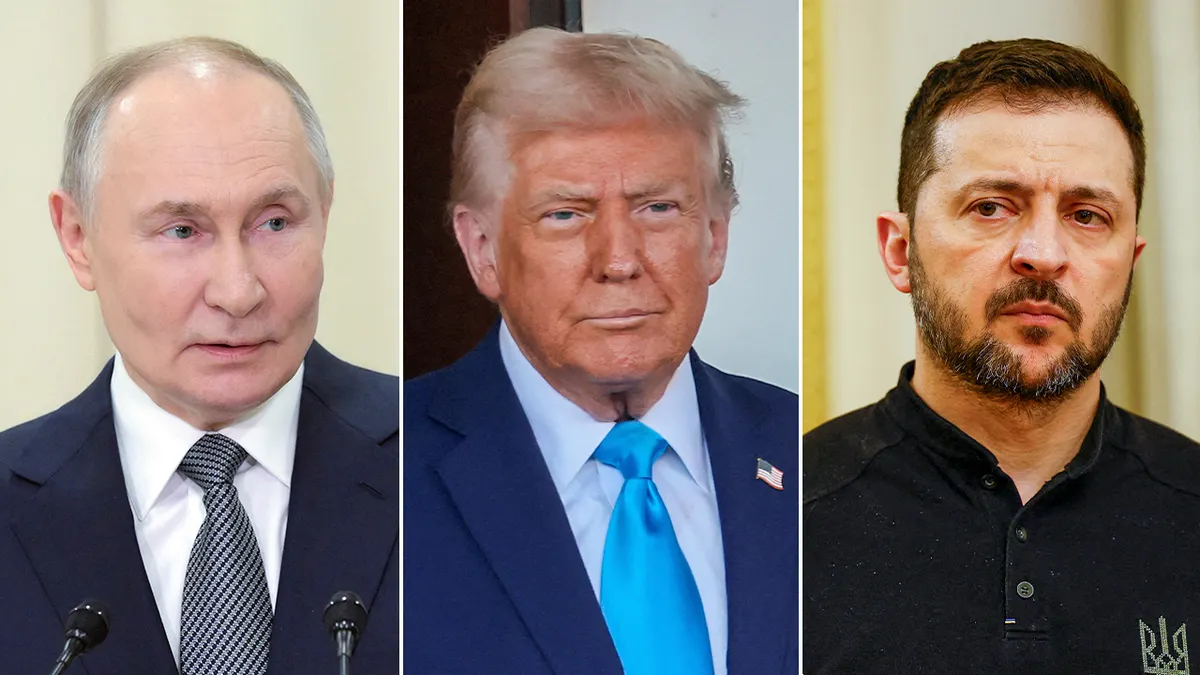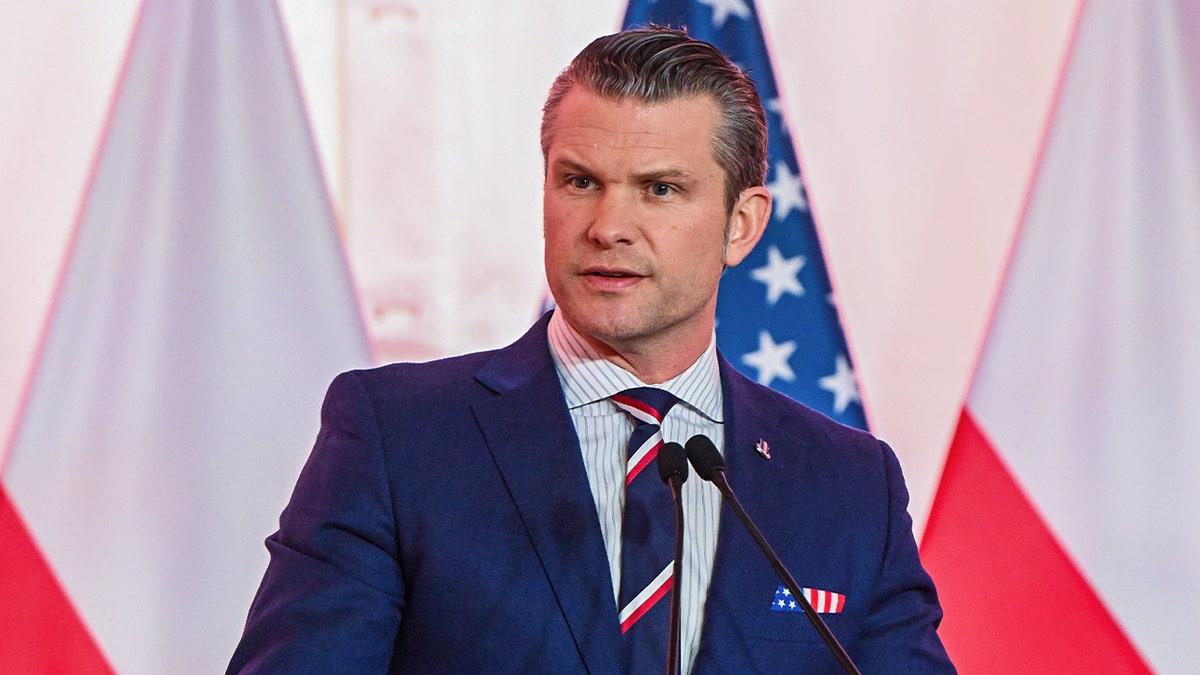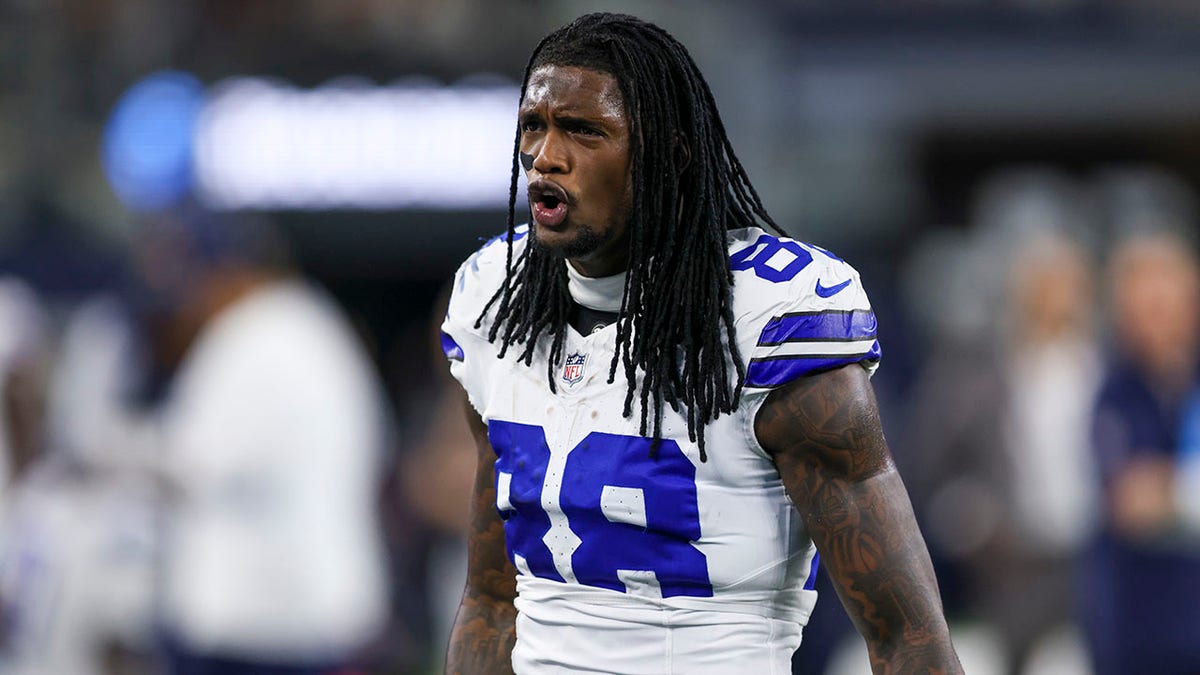Former President Donald Trump has reinstated his "maximum pressure" campaign against Iran, a stark departure from the Biden administration's approach. This move has sent ripples through Tehran, signaling a renewed focus on sanctions and a hardline stance against the nation's nuclear ambitions and alleged support for terrorism.
Trump issued a stern warning, stating that Iran would face obliteration if it were involved in his assassination. This strong rhetoric appears to have caught the attention of Iranian officials, with Foreign Minister Abbas Araghchi emphasizing the possibility of preventing Iran from acquiring nuclear weapons and criticizing the "maximum pressure" tactic as a failed strategy. However, Araghchi remained silent on the renewed sanctions targeting Iranian oil exports and alleged support for terrorist groups.
Experts weigh in on the effectiveness of this renewed pressure. Yossi Mansharof, an Iran analyst at the Misgav Institute, highlighted the substantial increase in Iran's oil revenue during the Biden presidency, attributing it to a lack of enforcement of sanctions. Mansharof welcomed the return to "maximum pressure" but questioned its sufficiency given Iran's nuclear advancements, suggesting the need for additional military pressure.
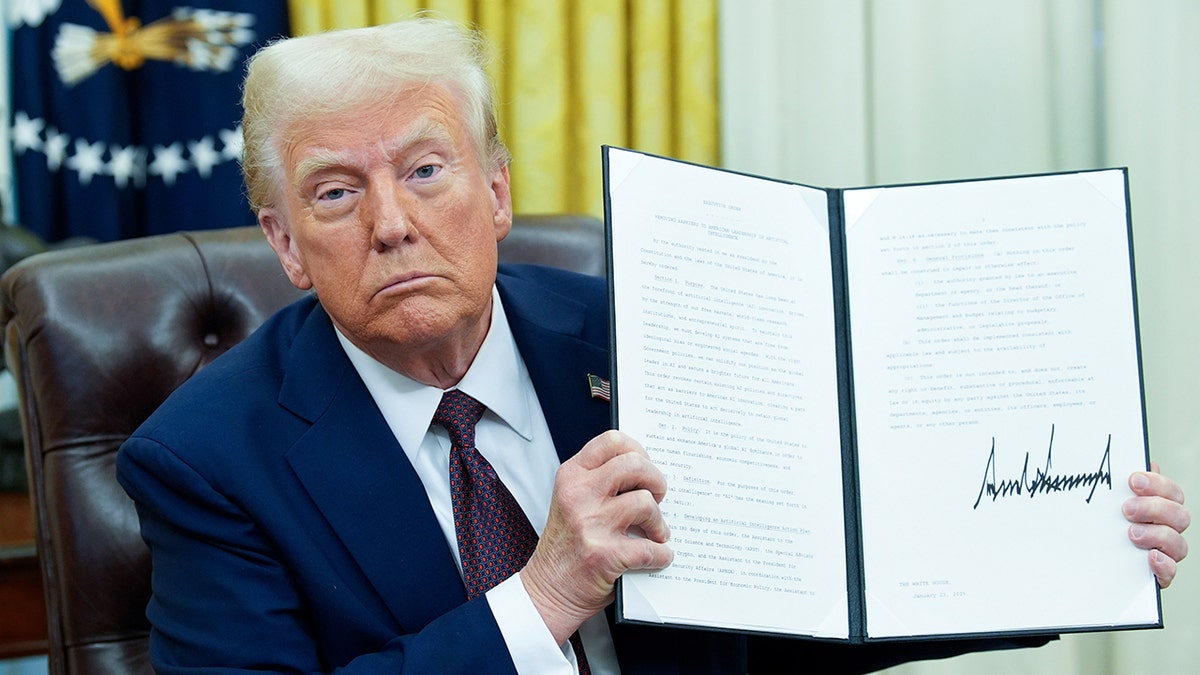
President Donald Trump signing an executive order. (Yuri Gripas/Abaca/Bloomberg via Getty Images)
The reinstatement of the "maximum pressure" campaign, outlined in a National Security Presidential Memorandum (NSPM), aims to block Iran's path to nuclear weapons and counter its alleged malign influence. This includes targeting funding for organizations like Hamas and Hezbollah, which are designated as terrorist groups by the U.S.
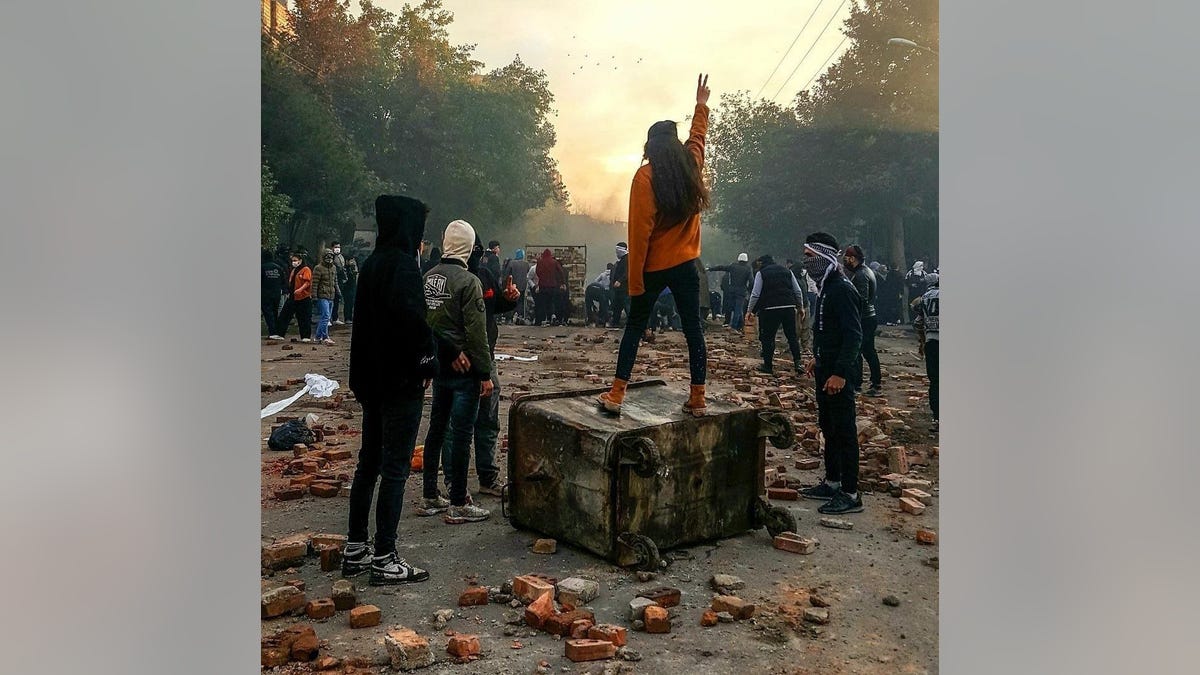
Protests against the Iranian regime. (Credit: NCRI)
Dan Diker, President of the Jerusalem Center for Security and Foreign Affairs, views this move as a significant contrast to the Biden administration's more conciliatory approach. He sees it as a demonstration of U.S. strength and a commitment to containing Iran's influence in the Middle East.

Missiles on display at Iran's Islamic Revolutionary Guard Corps (IRGC) National Aerospace Park. (Morteza Nikoubazl/NurPhoto via Getty Images)
Trump's decision marks a return to his previous stance on the Iran nuclear deal (JCPOA), which he withdrew from in 2018, calling it the "worst deal in history." He criticized the agreement for its perceived inadequacy in preventing Iran from developing nuclear weapons and for enabling its funding of global terrorism.
Diker anticipates that Trump will face a complex challenge in dealing with Iran's expanding influence, particularly in the West Bank, and its efforts to build relationships with European and other powers to counter U.S. pressure.



